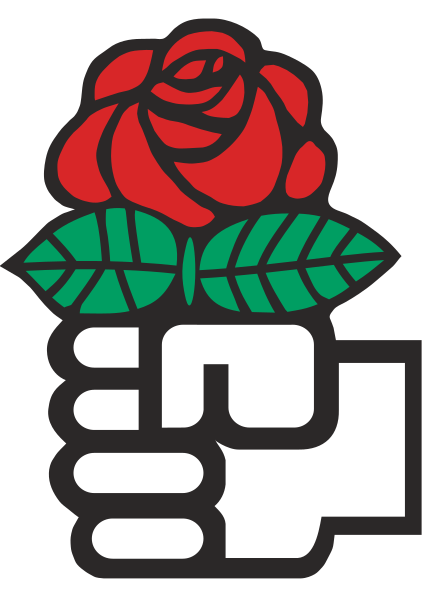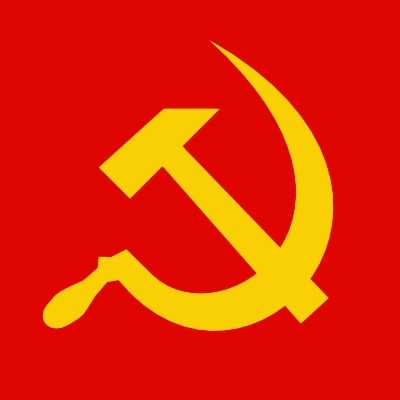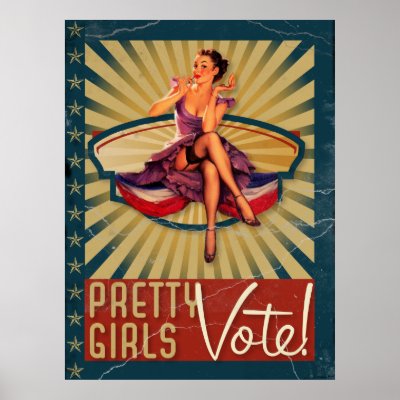
In case you haven't heard, a homeschooled 10-yr old New Hampshire girl has been ordered to attend public school because she is "too religious."
Since this is coming from a divorced home, I, along with many others, feel this may be a case of the father trying to assert his authority rather than a serious concern for the child's welfare.
The Alliance Defense Fund reports:
Although the marital master making recommendations to the court agreed the child is “well liked, social and interactive with her peers, academically promising, and intellectually at or superior to grade level” and that “it is clear that the home schooling...has more than kept up with the academic requirements of the...public school system,” he nonetheless proposed that the Christian girl be ordered into a government-run school after considering “the impact of [her religious] beliefs on her interaction with others.” The court approved the order.
“The court is essentially saying that the evidence shows that, socially and academically, this girl is doing great, but her religious beliefs are a bit too sincerely held and must be sifted, tested by, and mixed among other worldviews. This is a step too far for any court to take.”
In addition to home schooling, the girl attends supplemental public school classes and has also been involved in a variety of extra-curricular sports activities.
In the process of renegotiating the terms of a parenting plan for the girl, the guardian ad litem involved in the case concluded, according to the court order, that the girl “appeared to reflect her mother’s rigidity on questions of faith” and that the girl’s interests “would be best served by exposure to a public school setting” and “different points of view at a time when she must begin to critically evaluate multiple systems of belief...in order to select, as a young adult, which of those systems will best suit her own needs.”
 The Dakota Voice went on to say:
The Dakota Voice went on to say:The girl “lacked some youthful characteristics”? Which ones? I can only conclude from the context of this document that the “proper youthful characteristics” should involve sheep-like behavior, pliability, conformity to state indoctrination, moral ambiguity, uncertainty, ignorance, and philosophical rudderlessness.
She is apparently expected to enter a public indoctrination, er, public education center where she “must begin to critically evaluate multiple systems of belief and behavior and cooperation in order to select, as a young adult, which of those systems will best suit her own needs.”
Obviously it has never occurred to these secularist elitists that she may be light-years ahead of them in this process. Perhaps she has already evaluated systems of belief and found the Christian worldview to be both reliable and “suitable to her own needs.” If you find the right answer, are you obligated to continue exploring other possible answers? If you find that “4″ is right for the question “2+2=?”, are you obligated to continue on and explore whether “5″ might be right, or perhaps “8″ or maybe even “37″? Obviously if you try “839″ for the answer and find that it doesn’t work, you need to continue searching, but if “4″ works, what sane person goes on to explore all the wrong answers?More likely, these elitist statists consider her acceptance of Christianity to be unsuitable to their needs–their need for moral ambiguity to excuse immoral behaviors.
This is a good example of the brazen arrogance of these statists. They hold anything other than their own moral ambiguity in deep contempt. Someone who is sure of their beliefs and certain of what is right is a threat to them…so they do all they can to undermine that certainty.
It is also interesting that this document chides the girl Amanda for not engaging in “some element of independent thinking.” She is engaging in independent thinking, and her refusal to bow to their secularist indoctrination is proof. But she is not engaging in their version of “independent thinking.” Which brings us to the next irony of this morally bereft judge.
The next passage says Amanda lacks “tolerance for different points of view.” Where, I wonder, is their tolerance for her point of view? Apparently it is AWOL. But Amanda’s point of view doesn’t really matter to them, does it? What matters is that she accept their morally adrift practice of “tolerance” of any fool idea that comes along.
Now, don't get me wrong, I'm not against public education. Apparently the author of the article I quoted above is but I am not. However, I thought he made some good points. My mother is a public school teacher along with many of my good friends. They are all excellent teachers & Godly men & women. If our schools need anything right now, it is Godly men & women to stand up for what is right. Having said that, if I ever have children I will probably home school them just because I see what is happening as our school systems adopt more & more liberal ideologies.
Another thing that bugs me is this comment about her lacking "youthful characteristics." Translated that just means she's more mature than her peers. Our society is much different than any society in the history of this planet. We are marrying much older than in past cultures yet I feel we are exhibiting a growing lack of maturity.
In Bible times, many married in their early teens. It is even theorized that Marry was probably 13 when she had Jesus. Even back 50 yrs ago, it was rare for a woman to not be married by her early twenty's & it was not unheard of to marry while still in high school (& this was not due to pregnancy out of wedlock like today, even though I'm sure that happened also). However, today, most couples wait until they are out of college & possibly even grad school & a growing number are waiting until their career is set before considering marriage. Heck, I'm almost 30 & still single.
Why is this? Well, there are probably many reasons but one main reason, I feel, is today's culture has made premarital sex acceptable, even expected, so there is no great drive to marry.
Now, I'm not advocating marriage at 16, 17, or 18, I'm just saying that "back in the day," people were more mature & ready for marriage at a younger age (or at least seemed that way). Then, something went terribly wrong somewhere in the '60's I'm guessing, with all the "free love" & independence & explosion of different religions, New Age in particular.
I'm drifting off topic a bit. I am not alone in my feeling that today's adults, or at least young adults (20's & 30's), are not nearly as mature as they were in the past. There is a rampant lack of personal responsibility & self-control that is destroying generations as exhibited by the huge number of people in debt.
However, this little girl, at the age of 10, shows a greater awareness & debate skills than her judge & she is the one criticized.
The school has enough trying to educate students in math, writing, science, & history. They do not have time to train each child in social skills. Discipline & social manners should be taught at home. The public expects teachers to discipline & socially train their students yet they tie their hands behind their back. Again, another example of parents not taking personal responsibility.



























